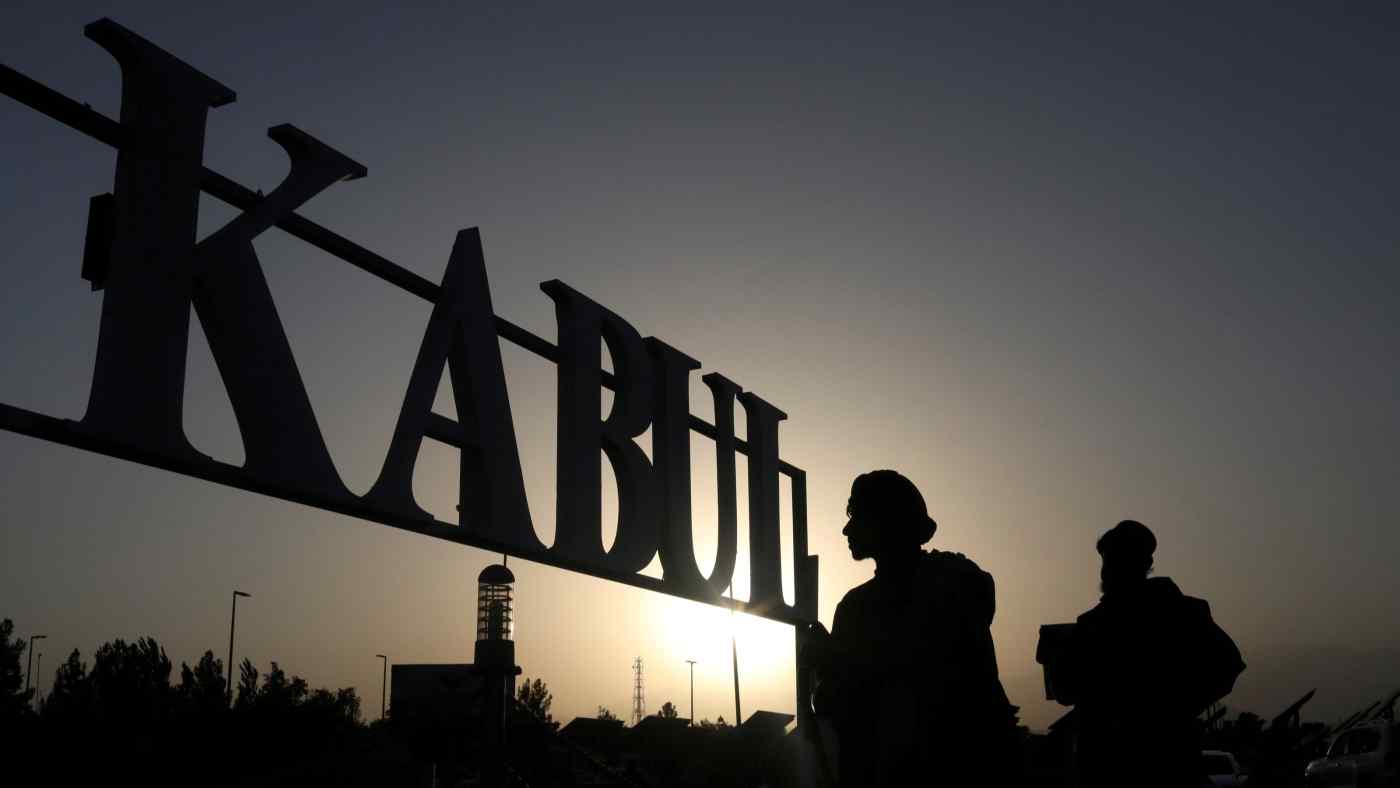New Delhi: The Pakistan political and army leadership will be held accountable and will face crippling action—military and financial—for any terror attack on either Indian or American soil, which is found to have emanated from Afghanistan. This is a consensus that the security establishments in both countries have arrived at following the 15 August takeover of Kabul by the Pakistan-backed Taliban.
The same will be conveyed to Pakistan by these two countries through bilateral talks, including back-channel talks and in multilateral forums. Official sources said that the announcement of the new “caretaker” ministry by Taliban, which includes several “wanted terrorists”, has led to serious concerns among the security watchers in both India and the United States, the two countries which have suffered the most from Pakistan-sponsored terrorism.
Sources in two intelligence agencies, including a Western agency, told The Sunday Guardian that officials with
Pakistan’s intelligence agency ISI and those posted at GHQ, Rawalpindi, vetted the background of each and every individual appointed as minister in the Taliban cabinet.
Except for China, Pakistan’s “iron brother”, every other country concerned—including Russia and Iran—is “more or less” on the same page when it comes to the understanding that Pakistan will not be allowed to escape responsibility of any future terror attacks by claiming that the attack was plotted on Afghanistan soil and hence GHQ, Rawalpindi, and ISI cannot be held responsible for it.
This modus operandi to escape blame for any possible terror attacks in the future is likely to be executed by Pakistan’s deep state by carrying out small-scale terror attacks within Pakistan to create an alibi that it, too, is facing the same terror threat emanating from the troubled Af-Pak region. This will also create a strong ground for Pakistan to push the narrative of recognizing the Taliban government internationally and resumption of financial assistance to them so that the Taliban can become an ally in the now much weakened “war on terror”.
Officials expect that as a part of its long-term objective to use Afghanistan as its backyard, the two most potent Pakistan-based terror organizations—Lashkar-e-Tayyaba and Jaish-e-Mohammed—will be shifting their training grounds inside Afghanistan near the Af-Pak region. These two groups are likely to rename their organizations to escape identification from intelligence agencies.
However, what is likely to come as a “massive” handicap in gathering intelligence on members of these two groups is the fact that the assets—human and technical—used by NATO and US forces to keep an eye on these terror groups by using Afghanistan as a base have been severely diminished now.
On the other hand, with a pro-Pakistan government in Kabul (the intelligence chief of Afghanistan and his deputy are designated terrorists), the Pakistan army has been given a free space to do anything it wants. Last week, a Pakistan-armed drone entered the Afghanistan air space, after taking off from Peshawar in Pakistan and circled over Afghanistan’s Nuristan province, which is the stronghold of the terrorist group Tehreek-e-Taliban (TTP), which has been carrying out attacks on the Pakistan army. Nuristan was earlier called Kafiristan because it had a lot of non-Muslim population. They were later converted to the Salafist school of Islam by Amir Abdul Rahman, who ruled Afghanistan from 1880 to 1900.

